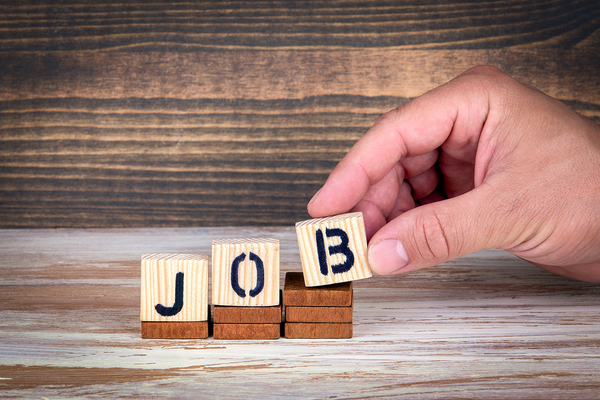Millennials have been the majority age cohort in U.S. workplaces since 2015, and by 2030, they will make up 75% of all positions. At the same time, Baby Boomers will be retiring at a great rate over the next decade. Approximately 10,000 will retire every day over that period.
It’s clear that Millennials will be the next leadership generation. What is being done to develop their leadership qualities, and what will they be like as leaders?
It’s an interesting question. According to a recent Harvard Business Review, companies like Johnson & Johnson have specific development programs for Millennials.
Creating the Business Leaders of Tomorrow
One of them, the Talent Acceleration Program (TAP) focuses not only on Millennials, but on what the business world is expected to look like when they take the reins. Johnson & Johnson believes that the future of business strategy may be changing into more entrepreneurial models. TAP participants are asked questions such as:
- What creates disruption?
- What does being an entrepreneur mean?
- What does being an entrepreneur look like?
- What might business models of the future look like?
TAP and similar programs also create experiences where future leaders experience new techniques and benefit from analogous learning — in other words, learning from experiences that may seem to be far removed from participants’ wheelhouses. People responsible for cancer screening programs, for example, have been paired with the business leadership of home goods products. The result? A joint emphasis on the consumer experience, and what they want and need.

Millennials will be managing the newest members of the workforce, Generation Z.
Toward the Future
In other ways, Millennials face the future with traits that reflect their upbringing. It is often commented on, for example, that they are technology forward and have never known a world without computers, cell phones, and online capacity. But as a characteristic of a generation, that is fading away to simply become how the business and other worlds operate.
As the U.S. grows more diverse, Millennials are poised to bring more diversity to the workplace. They are more tolerant than generations past and more likely to see a diverse workplace as normative.
They have often been criticized in the past for being fickle towards employers. But as Forbes points out, quoting data from the Pew Charitable Trust, their job-hopping rep was more likely a function of their age at one point than of a generational characteristic.
In one way, they resemble the generations past. They will have to manage a new generation. Generation Z, the cohort born in the 2000s, is the latest age cohort to enter the workforce. Millennials will be dealing with whatever challenges the latest group brings.
They will also be dealing with technological challenges just as cohorts in the past did, although the nature of the technological challenges won’t be gizmos or desks or in pockets. Artificial intelligence (AI) is the workplace’s latest challenge. Whether it will benefit U.S. workplaces or cause disruption in employment and other sectors largely remains to be seen, but the ultimate deployment will be the decision of Millennial managers.
